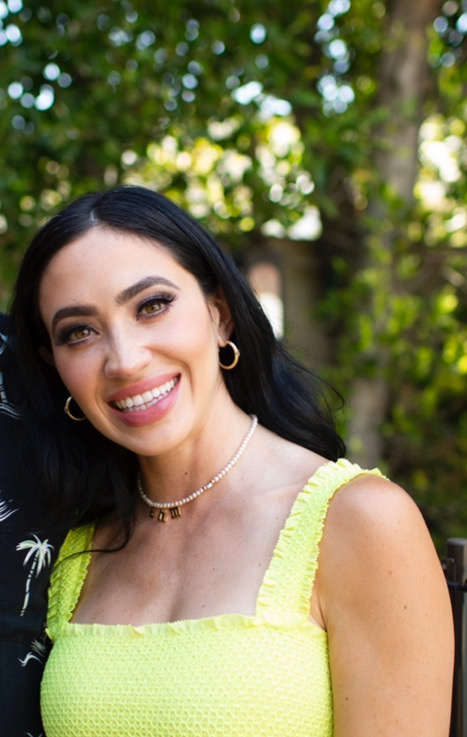You can live a healthy life
Living with an unidentified chronic health issue is like living in darkness; you can see enough to get by and do what you need to do, but you certainly do bump into a lot of obstacles. The unknown, inexplicable condition you are battling keeps you craving daylight, while hoping that you will finally be able to know why you were stumbling in the dark.

Daylight finally comes; in the form of a medical diagnosis. The emotional responses to this moment can vary from fear and grief to liberation and relief. Some people are terrified and saddened to know they have a tangible diagnosis, while others are ultimately grateful to have answers to their previously confounding misery struggles.
Lyfebulb IBD Ambassador Esther Mashouf falls into the latter group. When Lyfebulb Live chatted with Esther, she shared some of her story and offered sound advice on approaching the barrage of questions our minds ask when finally receiving that chronic illness diagnosis.
Diagnosed 16 years ago with Crohn’s disease, Esther believes that half the battle is won with the diagnosis. She says, “After all the testing to figure out what is wrong with your body, you can embark on the journey of making it right.” Emerging gratefully into daylight to understand her condition has compelled Esther to eat better and live healthier. Therefore, when finally receiving a diagnosis, Esther’s first nugget of advice is to give yourself space to breathe and feel what you feel.
I could not agree more. Whether we are the patient or the care partner, we are often surprised at our reactions to frightening news about our health. There is no wrong or right way to feel and, although that may sound obvious, we sometimes need to be reminded of this when our psyche tries to mess with us.
In the Live chat, Esther went on to offer other valuable advice about being newly diagnosed. She suggests:
- Ask your doctor if they would get a second opinion if they were you. Don’t be afraid. It’s only personal to you, not to the doctors. You are the one living with this illness, so don’t worry about offending the doctor with your questions. If you are not comfortable asking questions of that doctor, that is not a good sign.
- If you need surgery, ask questions about the surgery instead of delving into to medical websites. Instead, go directly to the source – your doctor or surgeon.
- Seek a support group. Even though what works for one does not necessarily work for all, you will find people who’ve been through this before, and it can be helpful knowing others who “get it.”
It is that support group aspect that brought Esther to Lyfebulb as an IBD Ambassador. And with IBDLyfe, incorporating that element of support is less effortful. Sometimes, what works for one can be something for you to learn about and reap similar benefits, not just medically, but also emotionally.Esther’s final advice was, in this humble care partner’s opinion, the most inspirational. She firmly states, “You can live a healthy life; it won’t be the end for you.”
